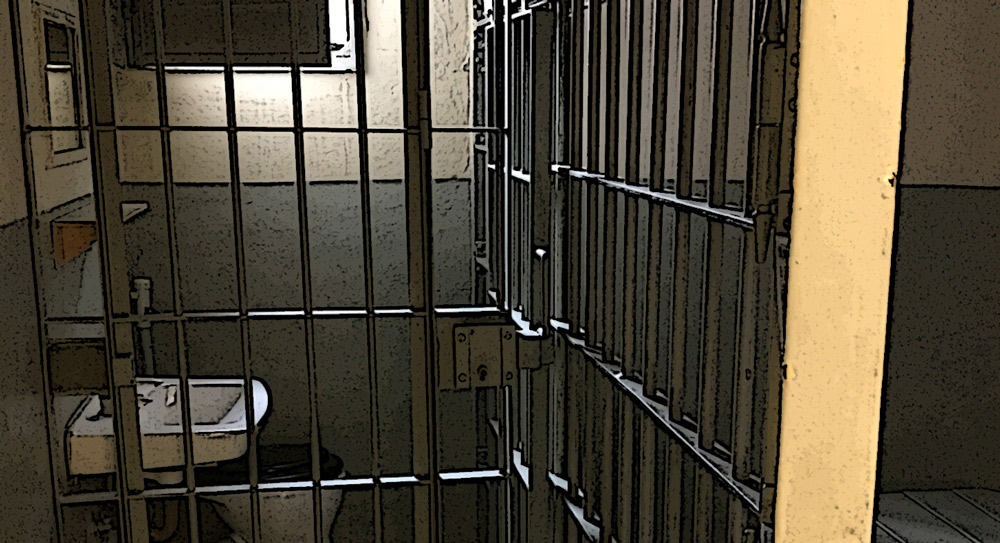The logic for drug prohibition is direct: to keep people from hurting themselves with recreational drugs, we must prevent them from accessing those drugs.
Voilà!
There are a number of things wrong with that, though, and one is this: governments cannot even keep illegal drugs out of prisons.
In California, nearly 1,000 men and women overdosed last year in “an alarming spike in opioid use by those behind bars,” reports the San Francisco Chronicle.
Steven Greenhut, writing in Reason, notes that confinement centers are “among the most tightly controlled environments on Earth, yet correction officials can’t figure out how to deal with dramatic spikes in the number of inmates who are dying from drug overdoses and alcohol poisoning.”
Doesn’t this make the prohibitionist “solution” absurd?
“If they can’t keep heroin off of death row,” Greenhut concludes, “then maybe they should rethink their ability to control the rest of us.”
There is a problem, here, though — it is easier to control “the rest of us.”
As with gun control laws, it is the law-abiding folks who fall in line. It is the edgier, less civic-minded people who tend to rebel.
But the two issues remain distinct: generally lawful and level-headed citizens still need to defend themselves from criminals, but do not feel a need to take drugs that can be deadly even in innocent hands. Thus the War on Drugs seems a bit less obviously tragic than gun control.
Which is why conceiving of the War on Drugs as unworkable prison policy writ large remains important.
Why would we want to make our society more like drug-ridden prisons?
This is Common Sense. I’m Paul Jacob.

Photo credit: Thomas Quine
—
See all recent commentary
(simplified and organized)


